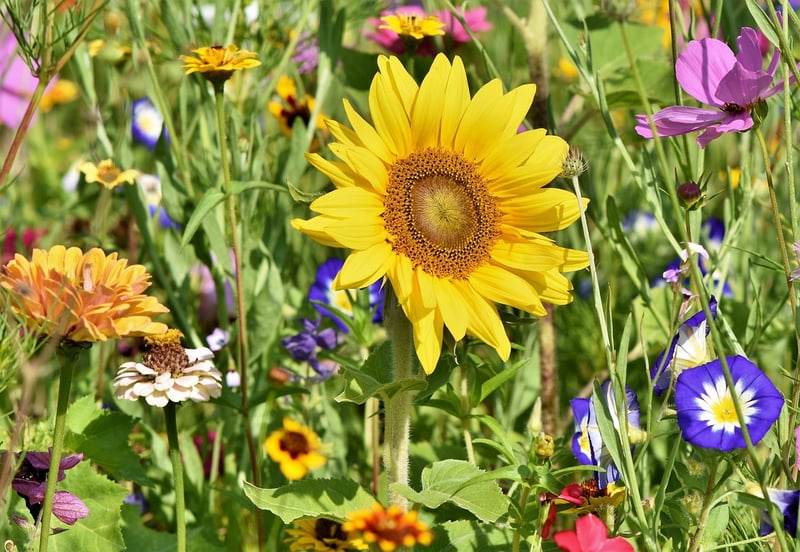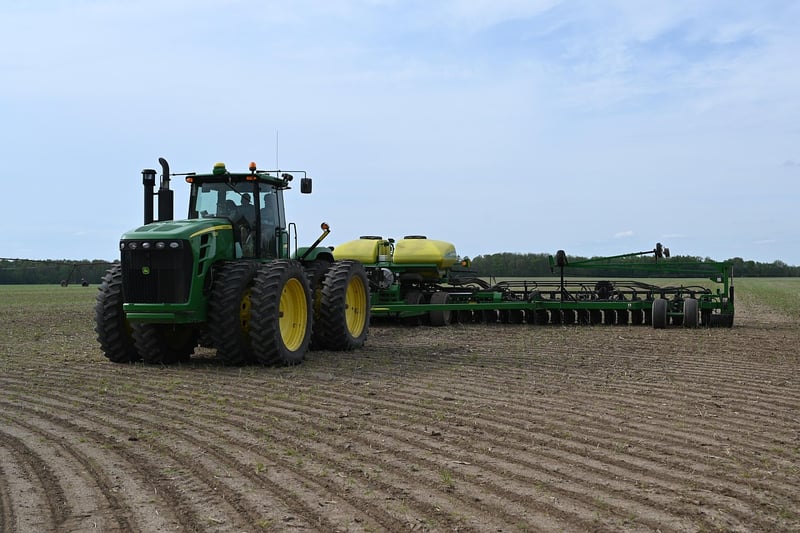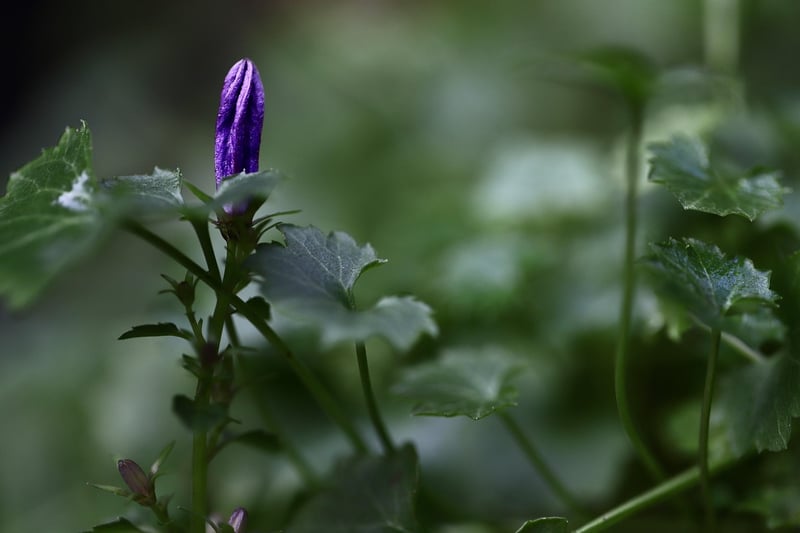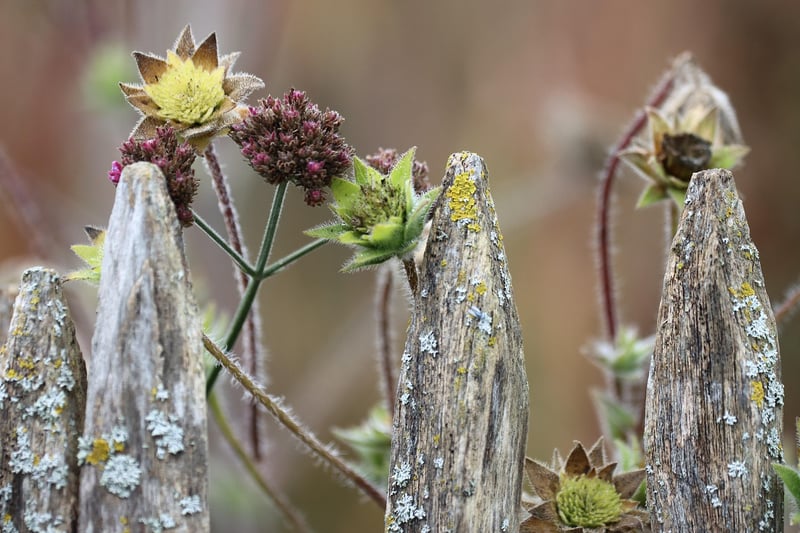Space-saving Solutions
Factors Affecting Plant Growth and Space-saving Solutions
Introduction
Plant growth is influenced by various factors, both internal and external. Understanding these factors is crucial for successful gardening, especially in limited space situations where optimizing plant growth is essential. This article explores the key factors affecting plant growth and provides space-saving solutions for efficient gardening.
Factors Affecting Plant Growth
1. Light
Light is essential for photosynthesis, the process through which plants produce energy. Insufficient light can lead to stunted growth or leggy plants. Choose appropriate plants based on the available light levels in your space.
2. Water
Water is crucial for nutrient uptake and metabolic processes in plants. Overwatering or underwatering can harm plant growth. Ensure proper drainage and water plants according to their specific needs.
3. Nutrients
Plants require essential nutrients like nitrogen, phosphorus, and potassium for healthy growth. Use fertilizers and organic matter to enrich the soil and provide plants with necessary nutrients.
4. Temperature
Temperature affects plant metabolism and growth rates. Different plants have specific temperature requirements, so ensure your plants are grown in suitable temperature conditions.
5. Space
Insufficient space can restrict plant growth and limit yields. Utilize space-saving solutions to maximize planting areas such as vertical gardening, hanging planters, and compact plant varieties.
Space-saving Solutions
1. Vertical Gardening
Vertical gardens utilize vertical space to grow plants upwards, ideal for small spaces. Install trellises, wall-mounted planters, or vertical towers to create a green wall of plants.

2. Hanging Planters
Hanging planters suspend plants from above, saving floor space. Hang baskets or pots from ceilings, hooks, or railings to add greenery without occupying ground space.

3. Compact Plant Varieties
Choose compact plant varieties that are well-suited for small spaces. Look for dwarf or bush varieties of vegetables, herbs, and flowers that thrive in containers or small garden beds.

4. Stackable Planters
Stackable planters allow you to stack multiple planting layers vertically, maximizing space efficiency. Plant different crops in each tier to create a diverse mini garden.

By considering these factors affecting plant growth and implementing space-saving solutions, you can create a thriving garden even in limited space environments.
